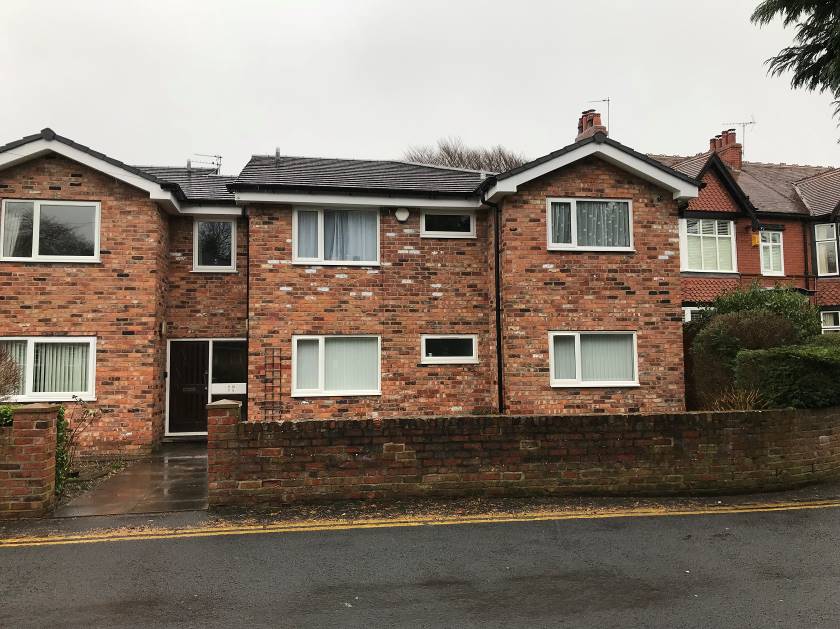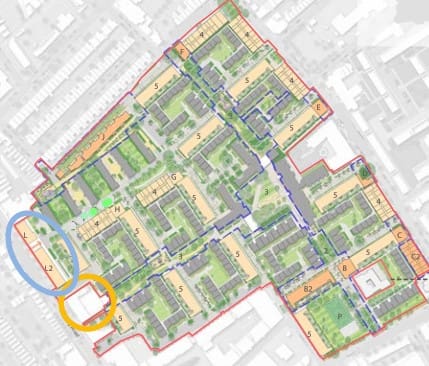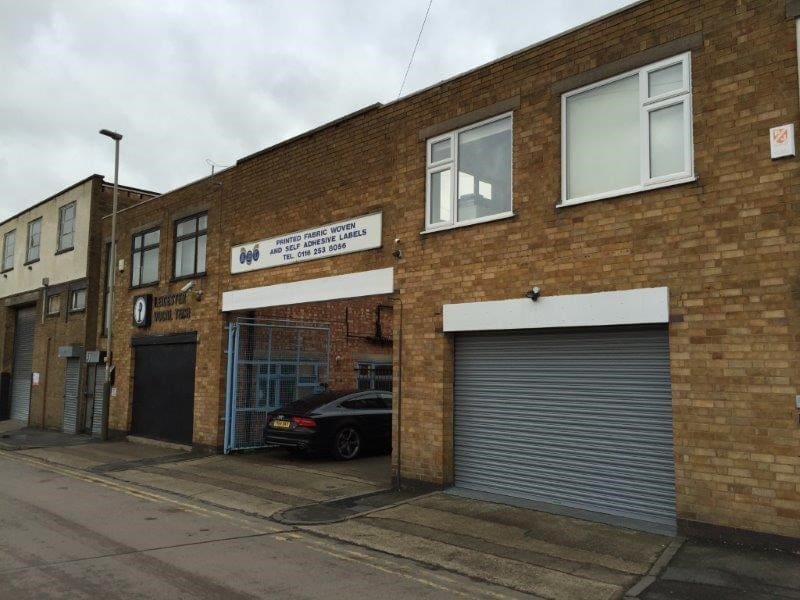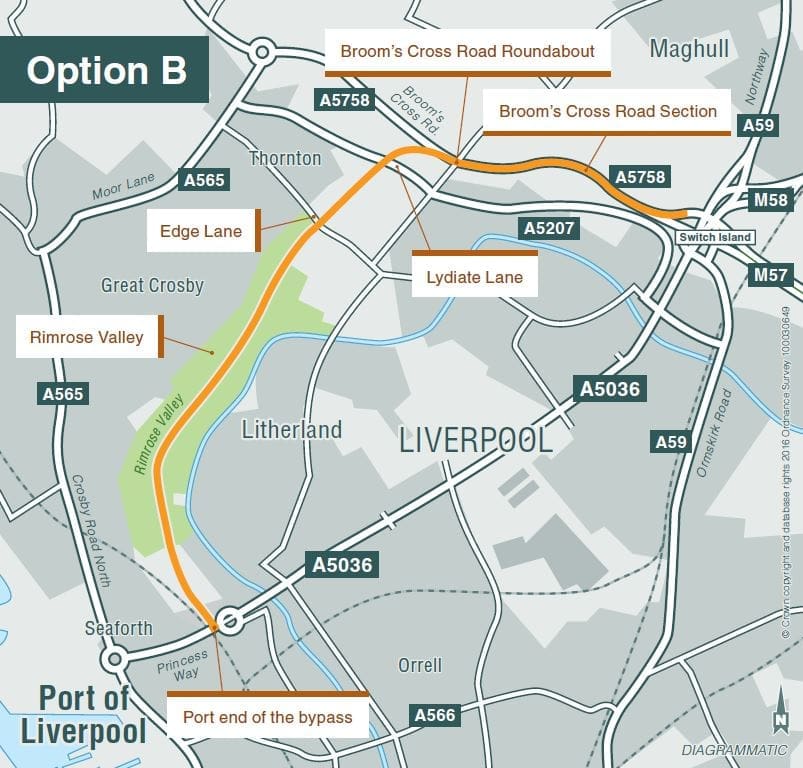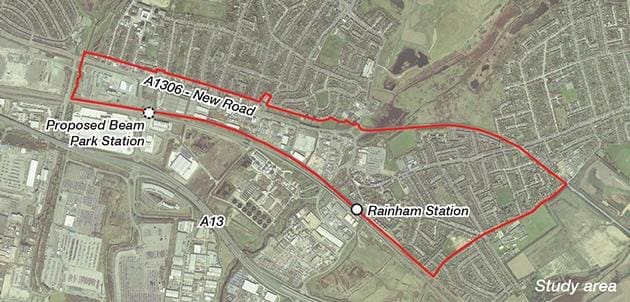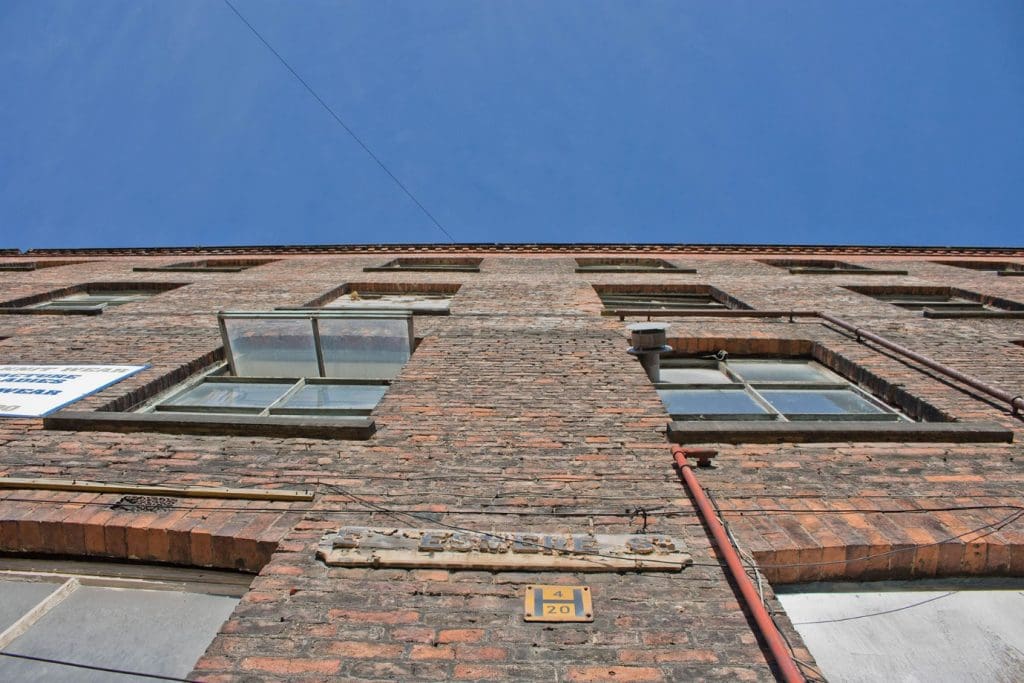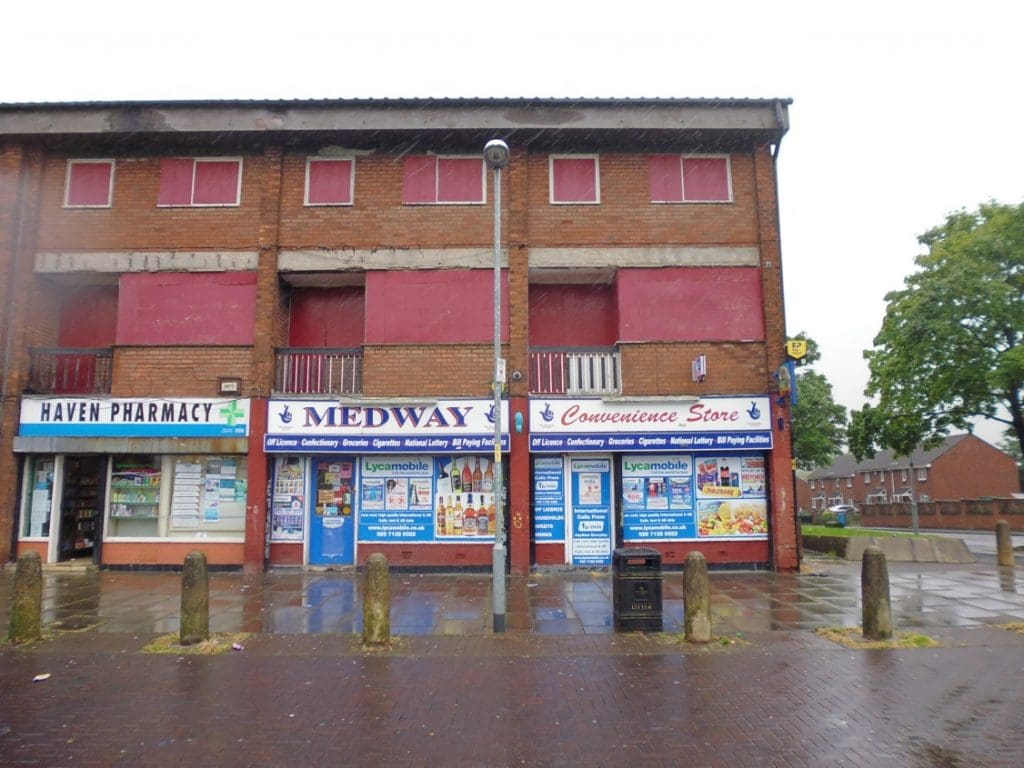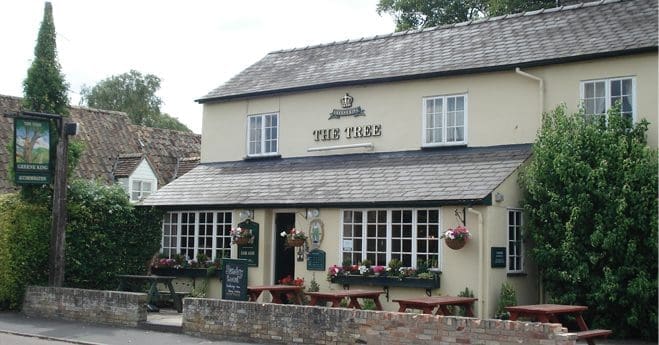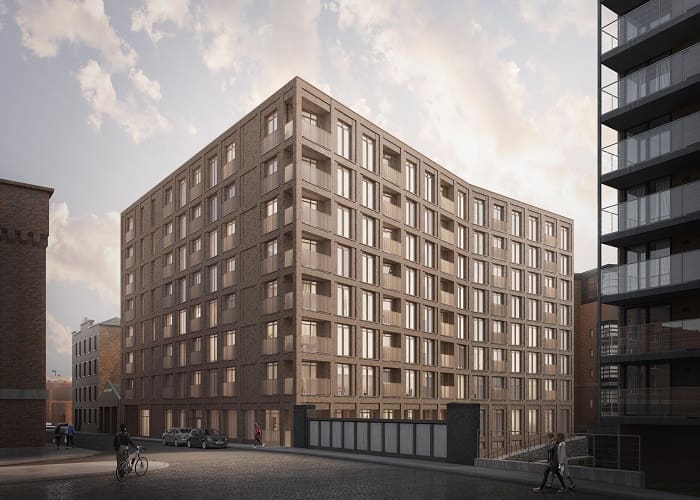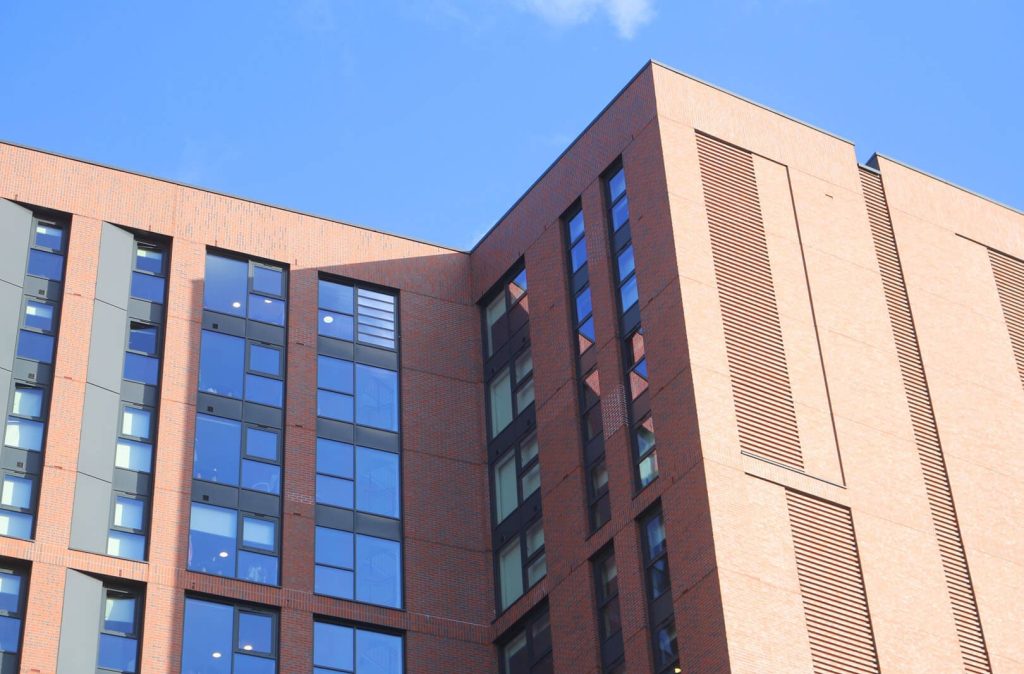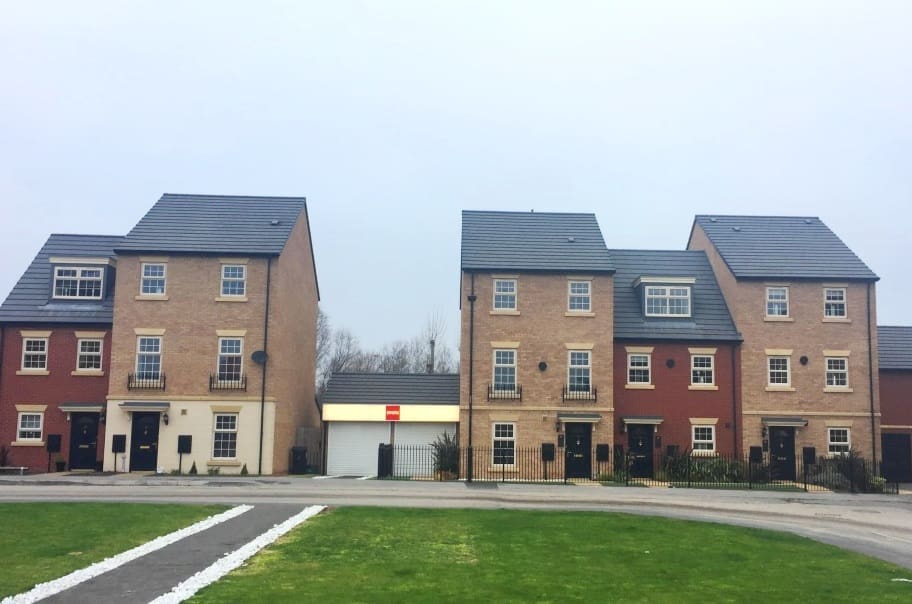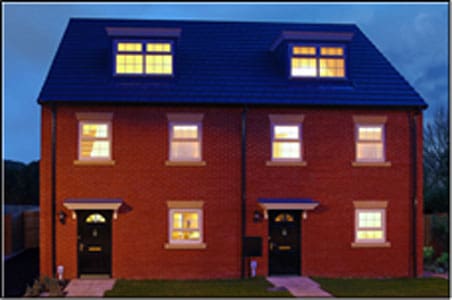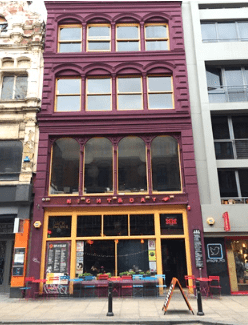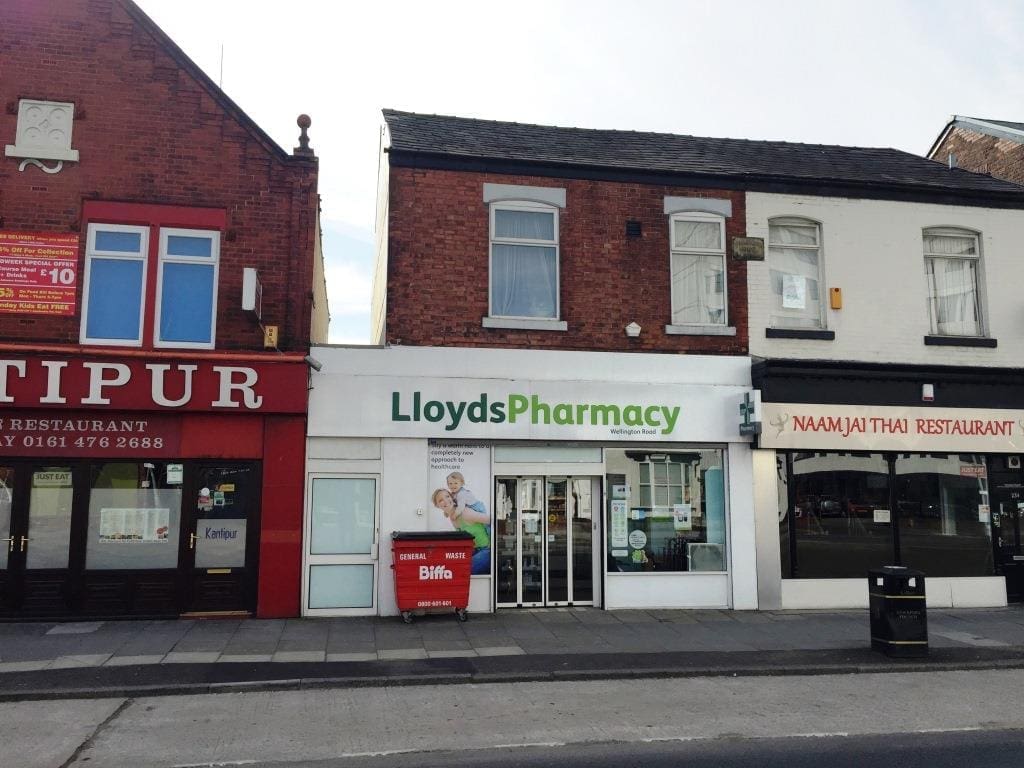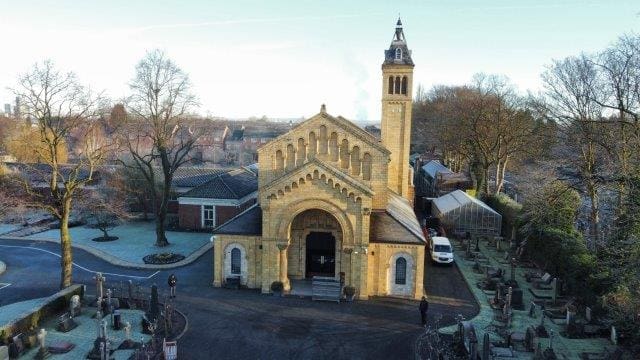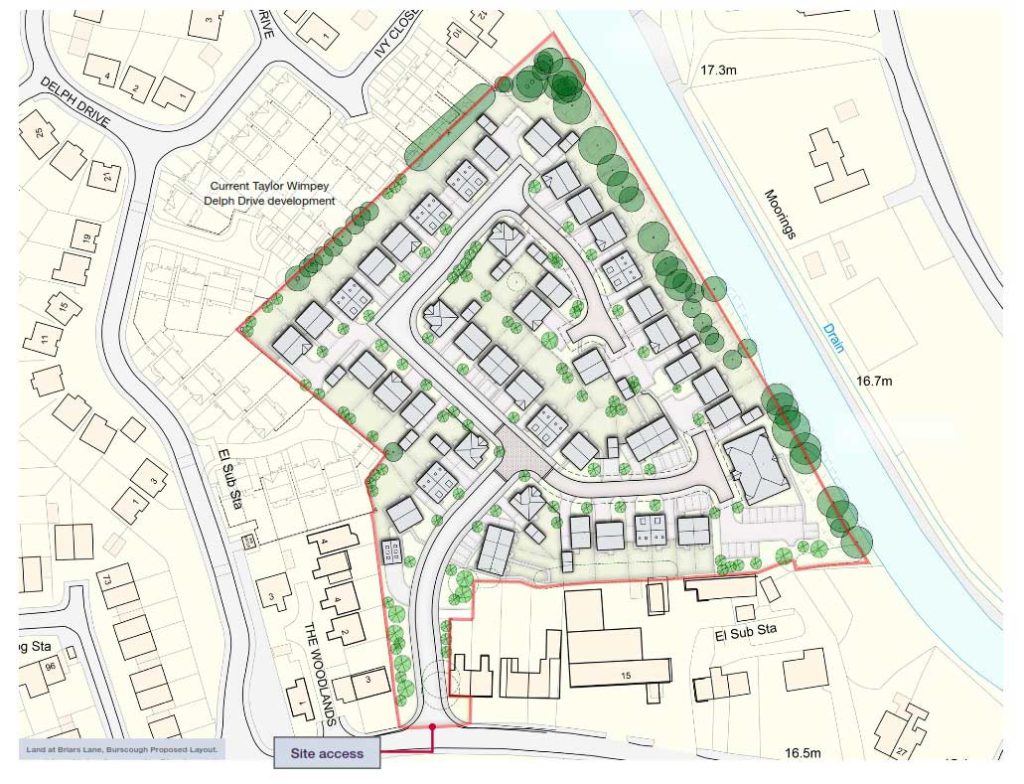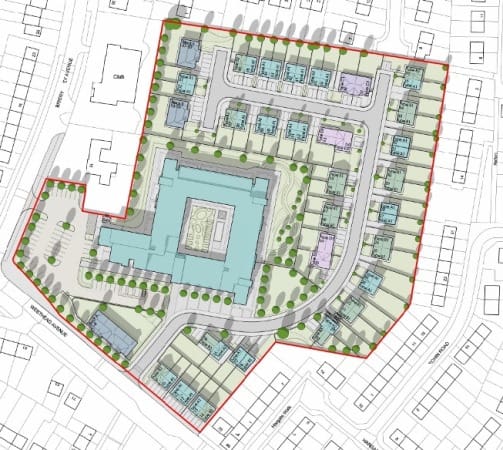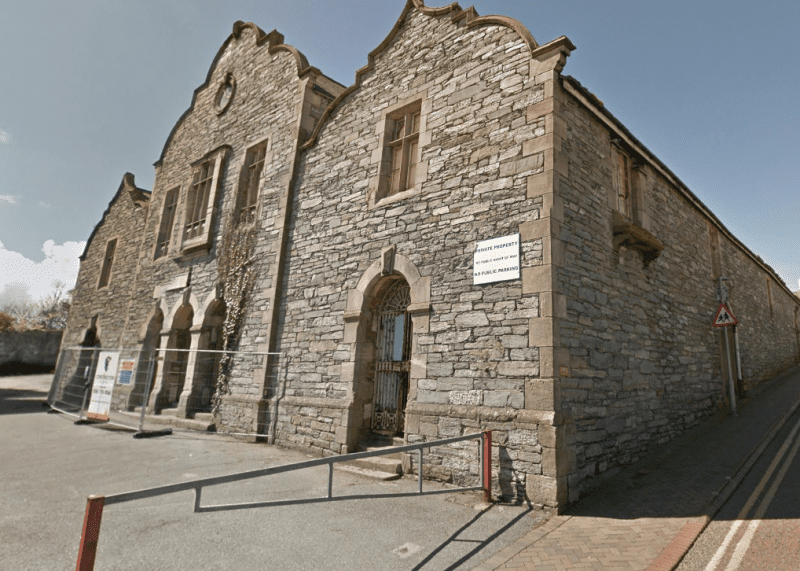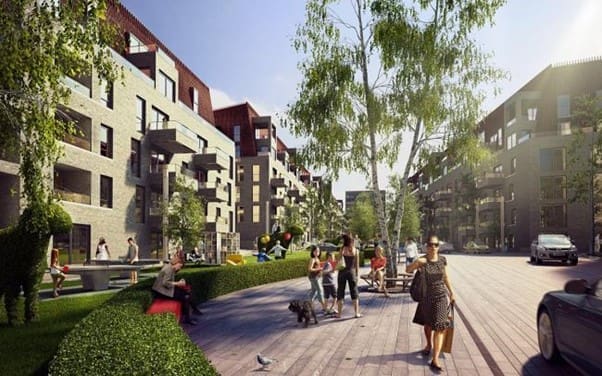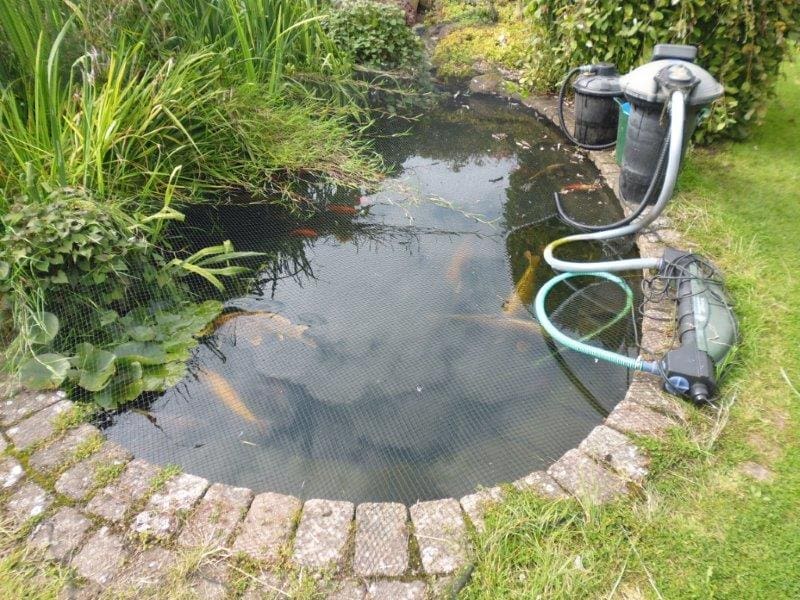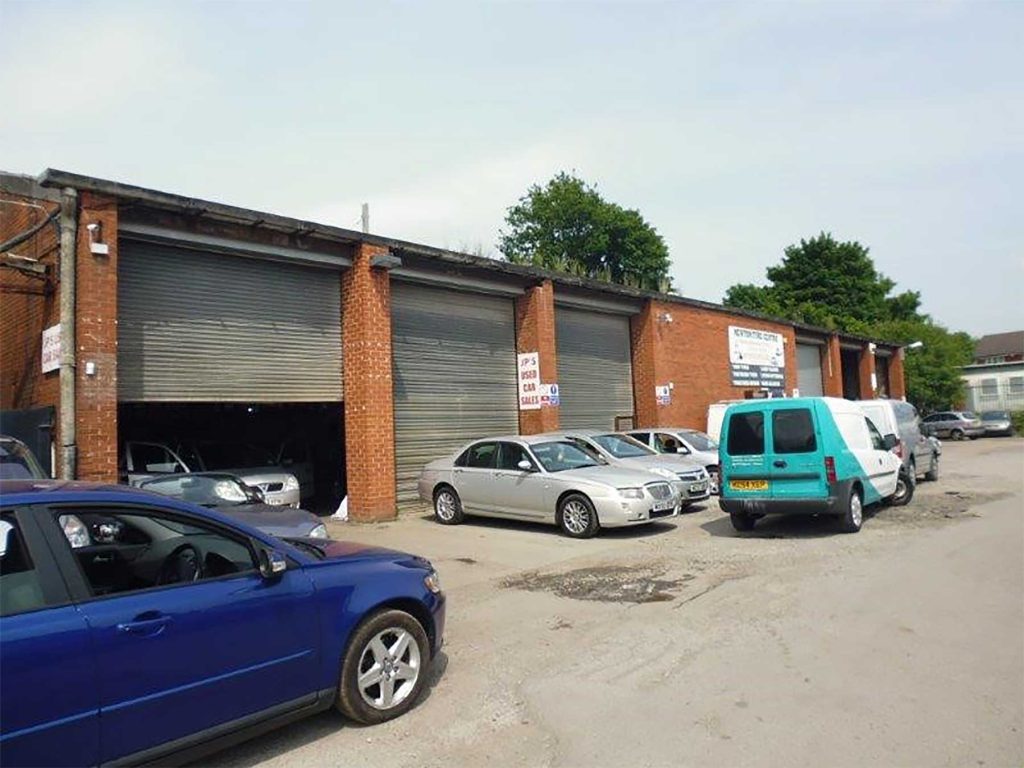Building & Project Consultancy
Dilapidations-acting for Tenant
Roger Hannah & Co was appointed by Clear Channel UK Limited to act on their behalf and to defend a Terminal Dilapidations Claim for an industrial unit at Trafford Park occupied under an FRI Lease.
The landlord’s original claim amounted to almost £70,000.00 and Roger Hannah & Co successfully negotiated a settlement of just over £20,000.00.
Competetive quotations were initially obtained to provide a benchmark from which to negotiate, following which the Landlord confirmed its intention of putting the property into repair, so that marketing could commence.
During negotations it became apparent that the Landlord was planning on replacing the original timber framed windows with new UPVC framed double glazed units; the installation of which would supercede some of the repairs claimed by the Landlord.
Roger Hannah & Co also successfully argued that the existing air conditioning installation was an improvement to the property and that it would be of use to an incoming tenant. Subsequently, the cost of removing the tenant installed air conditioning was removed from the claim.
The claim was further reduced once it was agreed number of trivial items could be removed which wouldn’t have an effect on the interest reverting back to the landlord.
A full and final financial settlement was agreed in the sum of £20,000, which represented approximately 28% of the amount claimed by the landlord.
For further information or dilapidations advice, please contact: our Building Consultancy team.






